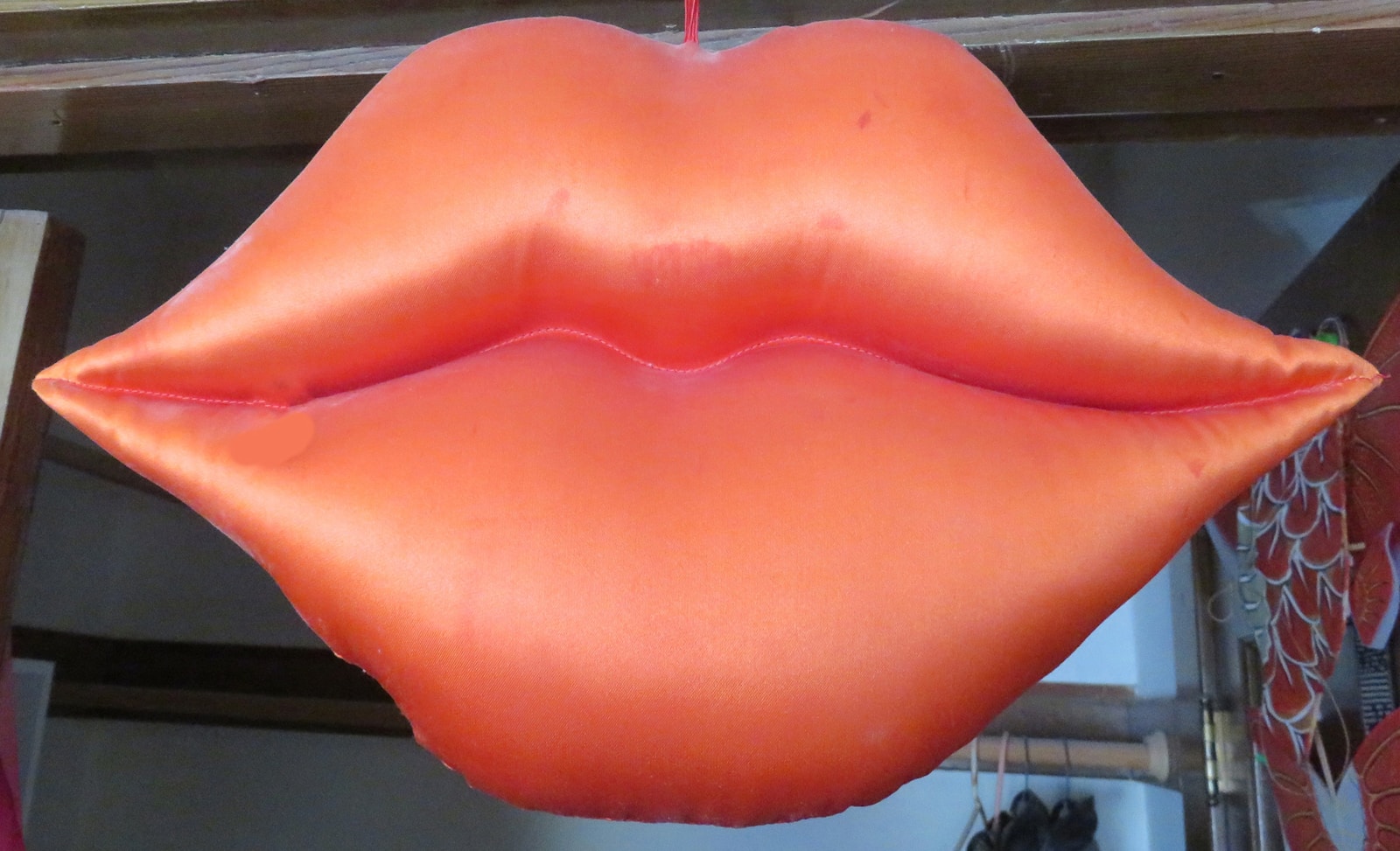
卷
juǎn

plump
The Chinese word '卷' is used in similar contexts as the word 'roll'. It can indicate the action of rolling something up, or it can refer to a rolled up item, such as a scroll. It's also frequently used to describe the rolling or swirling motion, similar to how we would use 'roll' in English.
Example sentences using: 卷
我看的这部电影有六卷。
Wǒ kàn de zhè bù diànyǐng yǒu liù juǎn.

The movie I watched has six reels.
In this use case, '卷' is being used to denote the number of reels of a movie.
我甜卷上的完美。
Wǒ tiánjuǎn shàng de wánměi.

The perfection on my sweets is rolled up.
The phrase is implying that the speaker's sweets have reached a level of perfection that are tightly wrapped or 'rolled up' as indicated by the word '卷'.
这本书有很多卷。
Zhè běn shū yǒu hěn duō juǎn.

This book has many volumes.
Here, '卷' is used to denote volumes or sections in a book.
你的头发卷了。
Nǐ de tóufa juǎnle.

Your hair is curly.
In this sentence, '卷' is used to describe the state of someone's hair being curly or 'curled up'.
她把卷毛的狗忽视了。
Tā bǎ juǎnmáo de gǒu hūshìle.

She ignored the curly-haired dog.
'卷毛的狗' means a curly-haired dog, with '卷' describing the state of the dog's hair being curly.
我将画卷捲起。
Wǒ jiāng huàjuǎn juǎn qǐ.

I rolled up the scroll painting.
In this context, '卷' is part of the word '画卷' which means 'scroll painting'. '卷' is then used again to indicate that the speaker rolled up this scroll painting.
这是初中的第三卷。
Zhè shì chūzhōng de dì sān juǎn.

This is the third volume of junior high school.
'卷' is being used here to indicate a volume or section within the context of a series of school education materials.
他卷起毯子。
Tā juǎn qǐ tǎnzi.

He rolled up the carpet.
In this scenario, '卷' is being used to demonstrate the action of the person rolling up the carpet.
这卷绷带对我有用。
Zhè juǎn bēngdài duì wǒ Yǒu yòng.

This roll of bandages is useful for me.
In this situation, '卷' refers to a roll of bandages.
他的卷尺在这里。
Tā de juǎn chǐ zài zhèlǐ.

His tape measure is here.
'卷尺' is Chinese for 'tape measure'. '卷' in this phrase is referring to the concept of rolling - the fundamental design principle behind measuring tapes.